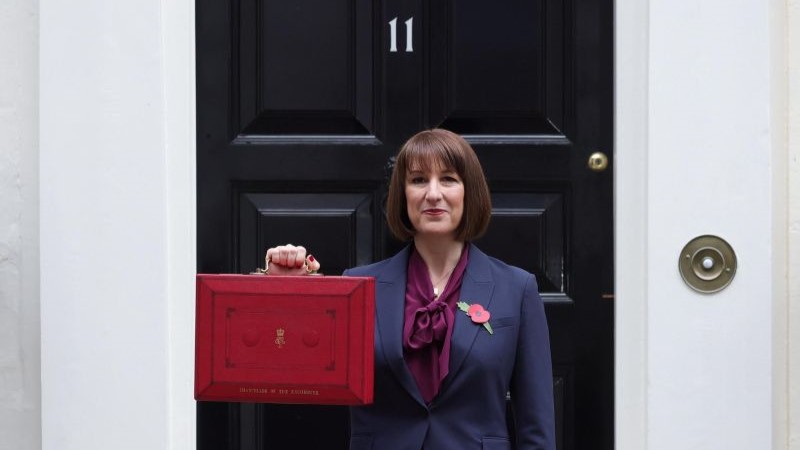
On 30 October, Labour chancellor Rachel Reeves announced the government’s first budget since it came to power on 4 July.
Met with a mixed industry response, the budget promises increased oil and gas taxation, support for electric vehicle (EV) manufacturing and made the first £125 million available to Labour’s Great British Energy company.
GB Energy is pitched to resolve the issue of high energy prices, funding and developing renewable generation across the UK. Vicky Parker, power and utilities leader at law firm PwC UK suggested the budget was “light on specific funding announcements for the energy sector”.
Reeves did reaffirm the £3.4 billion Warm Homes Plan investment promised in the Labour manifesto, but ultimately little was concretely promised to support domestic decarbonisation.
Yselkla Farmer, CEO of BEAMA, the UK trade association for energy infrastructure and systems said: “Making big investment pledges sends a valuable political signal but the Government urgently needs to grasp the nettle on trickier details that will drive decarbonisation in people’s lives and bring long term financial and quality of life benefits.”
Thomas Farquhar, co-founder of Liverpool-based low-carbon start-up Heatio, called the budget a “mixed bag” in terms of commitment to net zero.
He welcomed the ambition of the Warmer Homes scheme but was disappointed that there was “nothing new” about low-carbon tech for British homes, noting the absence of the Clean Heat Market Mechanism, requiring manufacturers of heating appliances to meet annual targets for the proportion of heat pumps they sell.
Farquhar added: “The lack of action or clarification on the Future Home Standards is also a missed opportunity. Continuing to build new homes without the basics required to combat climate change makes no sense.”
A weakened Future Homes Standard
After the solar sector denounced a rumoured weakening of the Future Homes Standard, the Ministry for Housing, Communities and Local Government called the claims inaccurate.
When our sister site Current± asked the ministry if the Future Homes Standard is likely to be watered down to ‘encourage’, not require, new build properties to have solar panels installed, a spokesperson responded: “These claims are inaccurate—we are not weakening the rules on low-carbon standards. We want solar panels on as many new homes as possible.”
It is worth noting that no plans have been announced to weaken the Future Homes Standard in its current form. What the industry criticised, and what the ministry did not acknowledge, is the absence of an obligation for new builds to include solar systems.
David Cowdrey, acting chief executive of the MCS Foundation, a charity that certifies solar installations, said: “The government’s apparent failure to require solar panels on all new builds is extremely disappointing, and represents an enormous missed opportunity.
“Allowing loopholes with vague ‘encouragements’ to developers simply is not enough to meet the demands of net zero and make the most of the opportunity to get solar on roofs.
Full coverage of the Autumn Budget and proposed changes to the Future Homes Standard is available on our sister publication, Current±

